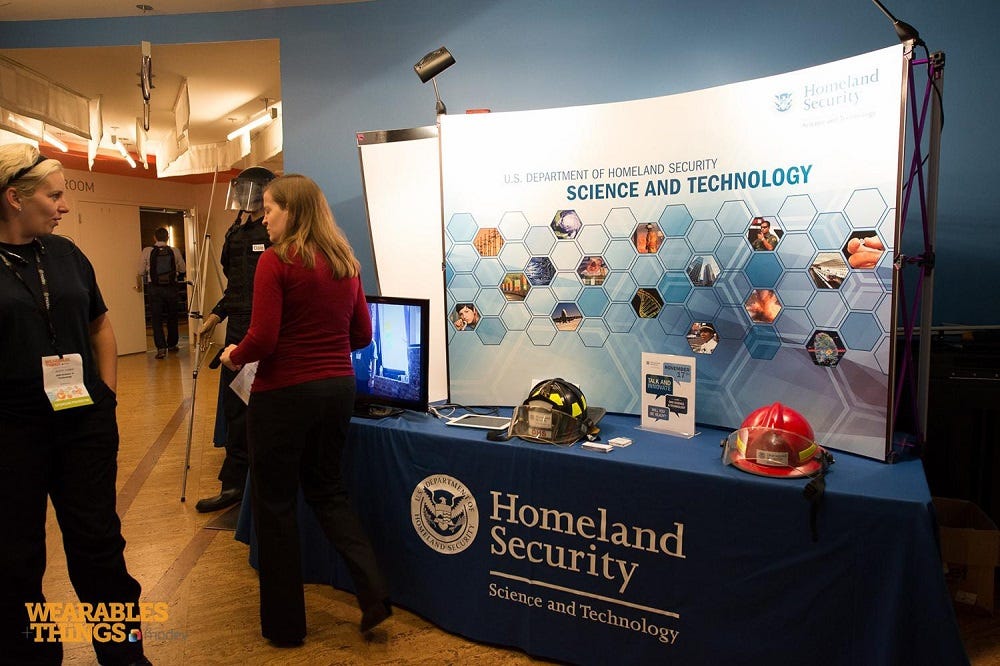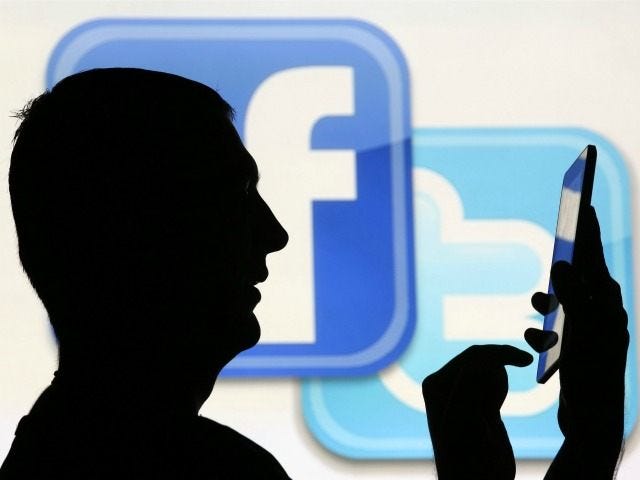U.S. wants to get social with its visitors via Homeland Security
Click to read the full story: U.S. wants to get social with its visitors via Homeland Security

Let’s see, I’m currently on Facebook, Twitter, LinkedIn, Pinterest, YouTube and Ello. I’m active mostly on the first three. That’s as much in the grid as I can get and that’s what I can tell the authorities when they ask for my social media accounts. You’re welcome if you want to connect. Please don’t hack as I’ve got a lot on my plate. Yes, the US Department of Homeland Security wants access to the social media accounts of US visitors. Now the Feds are welcome to my accounts as I’ve hardly posted anything subversive or illegal. I value my privacy as much as the next guy which is why I don’t post anything that could incriminate me in some way because despite these platforms being social, we’re not supposed to. IMO, being on social media is like playing a game of chess. Opinionated or not, you’ll have to choose your words and posts carefully so as to affect, not to offend and not to appear vulnerable. Though this move to collect social media details does not sit well with privacy and civil liberties groups, the US has opted for additional security and approved the move a few days ago.
“This program would invade individual privacy and imperil freedom of expression while being ineffective and prohibitively expensive to implement and maintain,”
— Various tech groups
Data collection will be done for foreign travelers going to the US when they file their visa waiver applications. They will be prompted online in the Electronic System for Travel Authorization (ESTA). Social media info collection will be optional as not everyone has a social media footprint. I have a few friends who are strangely not on Facebook or might be incognito using some other account. ESTA’s selections include Facebook, Twitter, LinkedIn, YouTube, Google+ and Instagram and the screen also prompts for account names to those sites. That’s some monitoring right there.
“…[to] enhance the existing investigative process and provide Department of Homeland Security (DHS) greater clarity and visibility to possible nefarious activity and connections by providing an additional tool set which analysts and investigators may use to better analyze and investigate the case,”
— US Federal Register proposal
There’s unfortunately, no escaping this as those who wish to visit the US would might as well fill out the form or risk suspicion and barred entry. Hardly anyone these days, except maybe for really old, really young, technophobic or introverted people has no access to social media.

“The process to enter the US is confusing, and it’s likely that most visitors will fill out the card completely rather than risk additional questions from intimidating, uniformed officers – the same officers who will decide which of your jokes are funny and which ones make you a security risk,”
— Nathan White, Access Now
Now unless the US government has HYDRA’s Zola Algorithm, they’ll be hard-pressed to find anything significant on social media with regards to national security, except maybe for the few real nutjobs out there. That’s what the American Civil Liberties Union says about the program. As I’ve said, anyone in the proper state of mind won’t post bomb-making recipes on Facebook or Instagram. Being on social media is a game of chess as I have friends on both sides of the political fence. Strangely though, Die Hillary Die or Drop Dead Trump seems to be fair game. What this measure could do most likely is to marginalize certain groups like Arabs and Muslims and maybe even Russians, Chinese and Mexicans.
Plus, fake accounts are fairly easy to create. Terrorists use Telegram don’t they? They ought to have included instant messaging platforms, but that would give away that they’re monitoring those channels as well (and that they can be monitored). I have a Twitter account unbeknownst to friends and family where I can rant, rave and vent out my anger and frustrations. It’s cheaper than going to those restaurants where you can smash old plates.
The government may have sort of cut down the NSA data collection, but that doesn’t mean other agencies can’t collect. Unfortunately, in the real world, privacy is one of the currencies people pay for security.
The post U.S. wants to get social with its visitors via Homeland Security appeared first on Movie TV Tech Geeks News By: Marius Manuella
